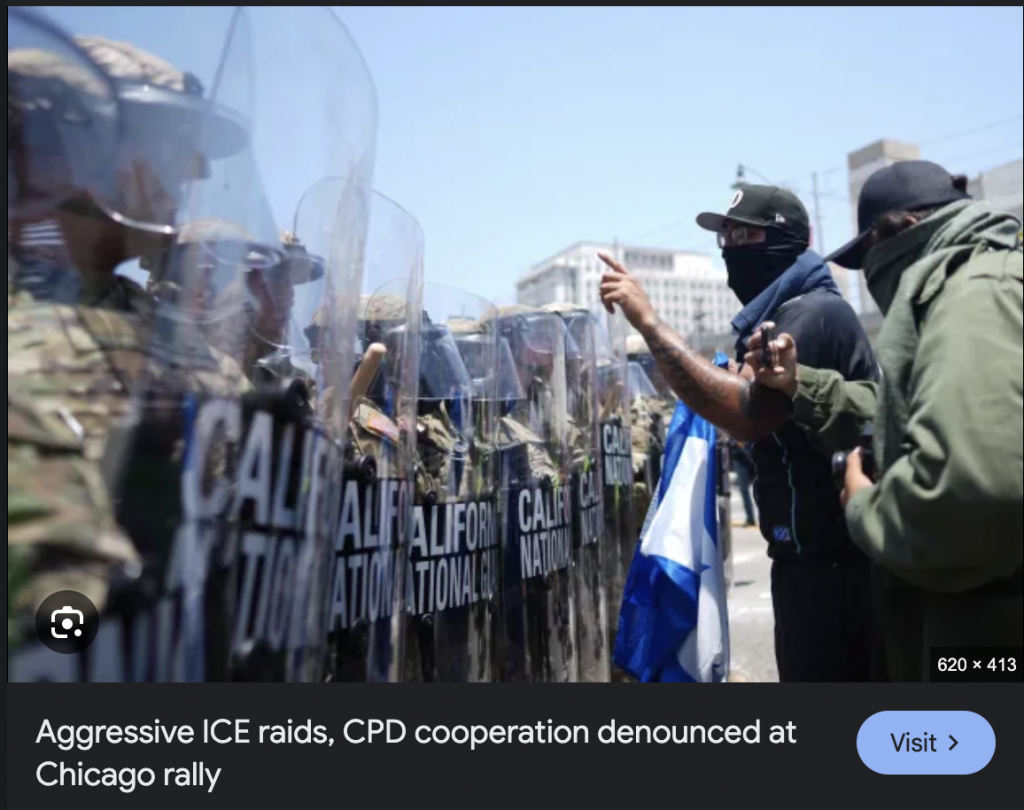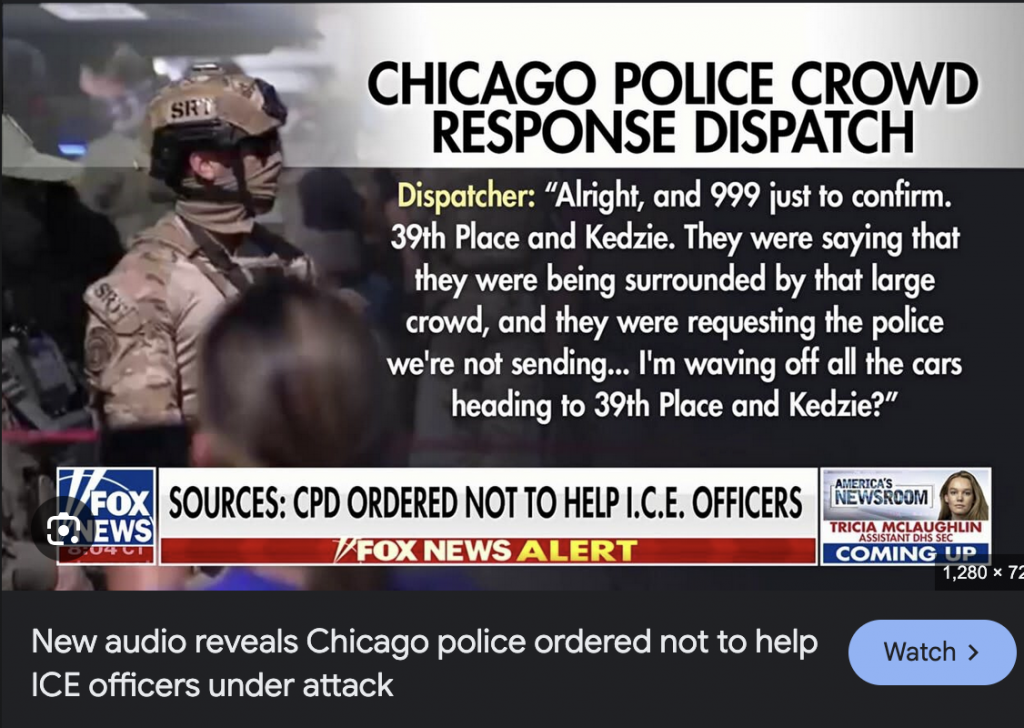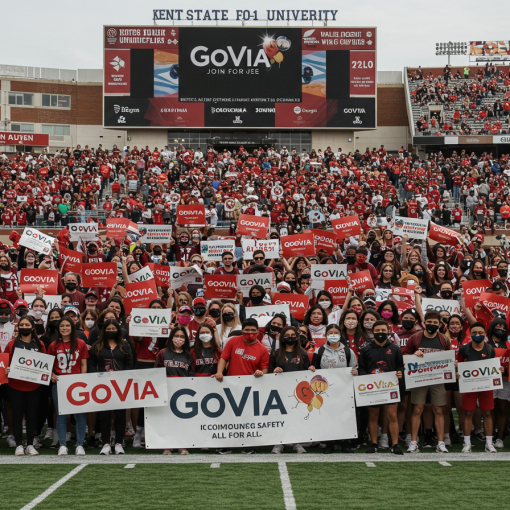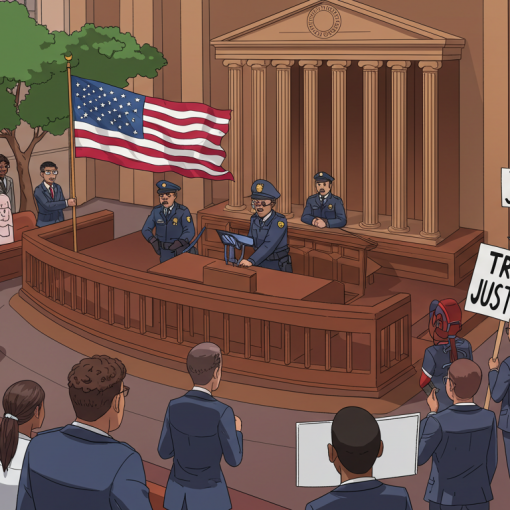
In recent months, a troubling event occurred in Chicago: Meta removed a Facebook page used to publicize ICE raids, citing violations of its “coordinated harm” policy. The removal followed outreach from the U.S. Department of Justice. CBS News+3AP News+3The Verge+3
This is not merely a content-moderation decision — it reflects deeper tensions at the intersection of tech power, state pressure, public safety, and civil liberties. For organizations like GoVia, committed to social justice, community safety, and transparency, it underscores both a challenge and an opportunity: we must offer a platform that supports critical public voice when others silence it, while respecting rights, accountability, and the law.
Here’s how GoVia sees the terrain — and how we propose to act.
Why this matters — and why democracy is at stake
1. Censorship via outsourcing
When private platforms become the gatekeepers of public speech, they can be swayed — explicitly or implicitly — by government demands or pressure. Removing pages that document ICE activity may stifle community accountability and reporting. In democratic societies, citizens need the ability to monitor, document, and share state action — not be silenced when doing so.
2. Constitutional rights still apply
Even though platforms are private entities, free expression and press principles matter in how they operate. While platforms have leeway in moderating content, when coordinated pressure or opaque enforcement becomes a tool to suppress dissent or oversight, that raises serious democratic red flags.
Moreover, the Fourth Amendment, First Amendment, and due process guard against overbroad surveillance and arbitrary removal of speech. Courts have long held that government must be limited in how it interferes with speech and searches. (See scholarly work on surveillance law and constitutional protections.) PMC
3. Surveillance without oversight
Surveillance technologies — whether license-plate readers, camera networks, or data trackers — pose serious risks when deployed without transparency, review, or public consent. The misuse of those tools can chill speech, movement, organizing, and dissent. Governance frameworks (such as the Freedom Online Coalition’s principles) emphasize that surveillance must be lawful, necessary, proportionate, and subject to checks and accountability. Freedom Online Coalition
How GoVia can—and will—be a part of the change
GoVia’s role is not just to resist censorship or surveillance — it’s to build a better infrastructure so that communities, workers, immigrants, and activists can operate with greater safety, resilience, and democratic sovereignty. Below are core principles and features we intend to build into GoVia’s social justice channel and broader platform.
1. Host content that others take down
We will serve as a repository for videos, reports, and documentation that are removed or suppressed on mainstream platforms — especially when those takedowns are politically or enforcement motivated. Content should not vanish simply because it holds power to accountability. In doing so, we will:
- Maintain clear, transparent policies on what we remove (hate, threats, violence) vs. what we preserve (surveillance, government misconduct).
- Offer fallback archiving and mirror systems (with cryptographic integrity) to resist deletion.
- Provide content warnings and moderation context, rather than wholesale removal.
2. Empower user control, data rights, and auditability
It is not enough to host content — GoVia must do so in ways that respect privacy, consent, and freedom. Some practices we will adopt:
- User opt-in sharing: Users uploading videos or reports should control whether certain metadata (GPS, identity, timestamps) is public, delayed, blurred, or redacted.
- Audit trails and transparency logs: Maintain public logs of content takedown requests, government demands, and moderation actions — users can see when and why content is flagged.
- Moderation governance built with community participation: Use frameworks (like participatory moderation, appeals systems) that empower affected communities to shape policy and oversight. Recent research shows that multilevel community-led moderation helps maintain fairness and trust. arXiv
3. Build legal, advocacy, and oversight bridges
GoVia can’t change laws by itself — but it can be an ally in the fight for better rules, due process, and democratic oversight.
- Partner with civil liberties organizations & legal aid (e.g. ACLU, EFF) to offer rapid-response legal referrals when content is threatened.
- Expose secret surveillance practices: Use freedom-of-information requests, public records, and investigative partnerships to reveal contracts, data sharing, and agency use of surveillance tools. (This is part of how groups fight high-tech surveillance. ) The ACLU of Northern California
- Model ordinances & democratic oversight structures: Share templates and advocacy materials for community-led transparency on surveillance — for instance, independent oversight boards, citizen review, audit powers. nacole.org+1
- Support public policy change: Advocate for regulation limiting how platforms obey government requests, mandating more transparency, and protecting speech about public interest surveillance.
4. Design guardrails and ethical constraints
Even with the best intentions, tech platforms can be misused. GoVia will adopt these design limits:
- No profiling by protected classes (race, religion, ethnicity) using AI models in public-facing moderation or content classification.
- Minimize retention of sensitive metadata unless necessary — practice data deletion schedules and anonymization.
- When content is used for evidentiary or law enforcement purposes, only release it with user consent or due process.
- Regular audits (external and internal) to check for bias, misuse, or mission drift.
Summary & Call to Community
- The removal of ICE-tracking pages by Meta in Chicago (after DOJ requests) is a wake-up call: platforms are not neutral spaces. AP News+2The Verge+2
- Democracy is threatened when oversight, dissent, or documentation can be suppressed by private or state power.
- But platforms like GoVia can be built differently: as resilient, community-driven infrastructure for transparency, accountability, and justice.
- By adopting user control, transparency logs, community moderation, legal partnerships, and robust tech guardrails, GoVia can become a safe harbor for content that matters — a place where people can document state power and hold it accountable, even when mainstream platforms turn away.
- We invite content creators, community groups, legal advocates, technologists, and activists to join us. Upload, share, strategize — use GoVia as your archive, your amplifier, your shield.
If you have footage or documents you fear may be censored, or if you’re partnering in organizing or oversight, share them through GoVia. Together, we’ll help guard the public record and build a more democratic digital future.

Chicago Video – Chicago News




